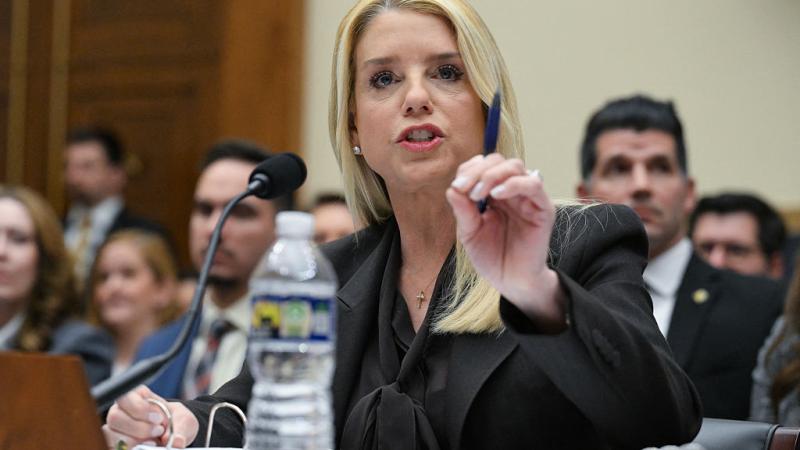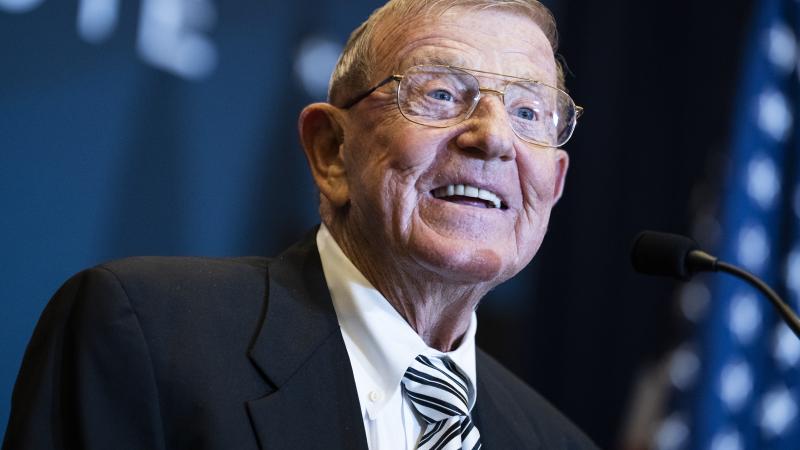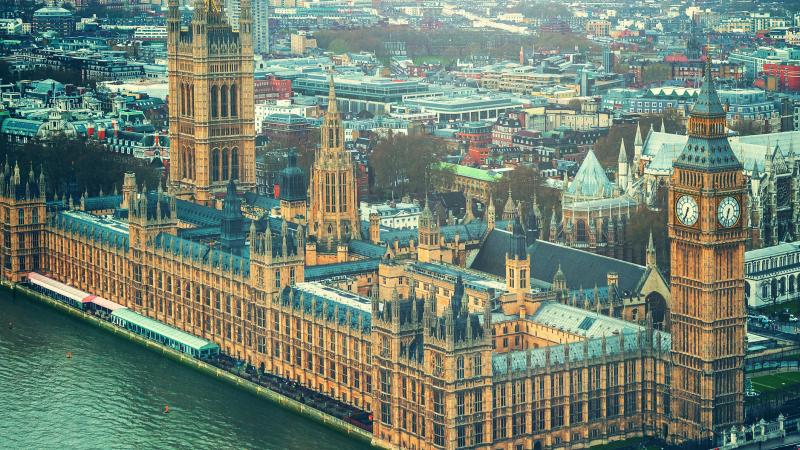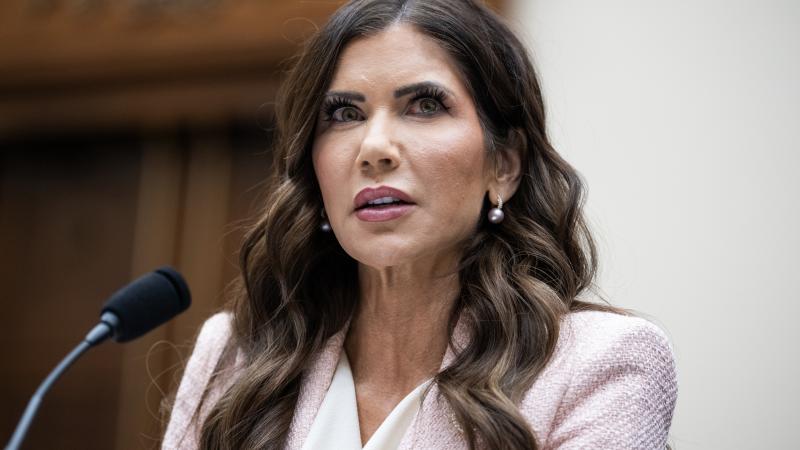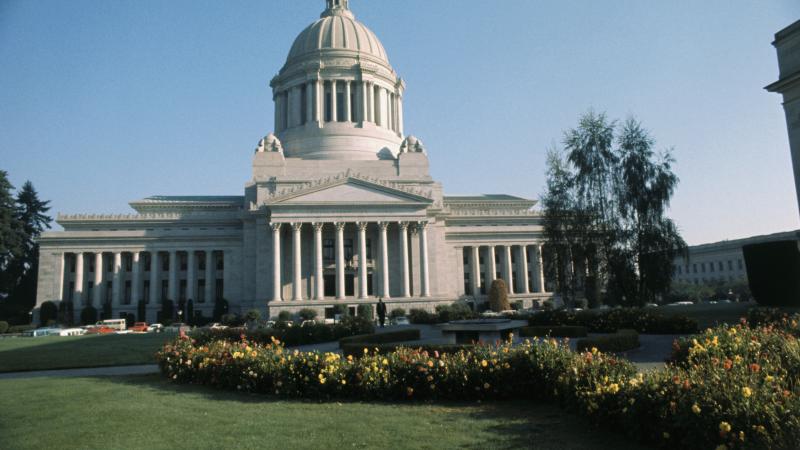Coronavirus lockdowns: the 'elephant in the room' of the riots
'The frustration and anger at the lockdowns and the perception that blacks are getting the worst of it' made the rioters a seething mass waiting to explode, says medical sociologist Robert Bartholomew.
The “George Floyd Riots.” That’s how they are known in the mainstream media narrative, and likely how they will be remembered by history.
Certainly, George Floyd’s death at the hands of a white Minnesota police officer was the spark that set off what may be the most widespread riots in U.S. history. But sparks go nowhere without fuel.
In the provocative view of Robert Bartholomew, American-born medical sociologist at the University of Auckland in New Zealand, it was the COVID-19 lockdowns that supplied the fuel — both directly and indirectly — for the mass violence now ripping apart the country.
First, there’s the initial incident itself.
According to news reports, the unemployed Floyd was reported to Minneapolis police for trying to pass off a fake $20 bill at a grocery store. Floyd had lost his job when the restaurant where he had worked as a bouncer was closed — due to locking down.
Of course, Floyd might have possibly tried to pass a counterfeit bill if gainfully employed. For while he was a tragic victim, he was not a saint: He had been convicted of various crimes before moving to Minnesota and did hard time in Texas for robbery.
But despite his record, Floyd had been “clean” in Minnesota for five years, and he reportedly had a good reputation at the store. The manager wasn’t on duty at the time, but rather a teenage employee who just followed protocol in reporting Floyd.
Before he became a casualty of police violence, in other words, George Floyd was already one of millions of economic casualties of the coronavirus lockdowns that blanketed much of the nation (until, that is, Floyd’s death touched off mass protests across America, including in some of the cities hit the hardest by the pandemic, like New York, Los Angeles, and Washington, D.C.)
The coronavirus lockdowns are “the elephant in the room that nobody dares speak of,” Bartholomew told Just the News. “Riots are never caused by a singular event but a series that builds and builds.”
“Certainly the frustration and anger at the lockdowns and the perception that blacks are getting the worst of it” made the rioters a seething mass waiting to explode, Bartholomew says. And given that every year white, American cops kill blacks in iffy situations that get national attention, he reasons, the central causal contribution of the lockdowns cannot be ignored.
The lockdowns have already been associated with surges in alcohol and other drug abuse, depression, and suicide. Initially, they didn’t lead to an increase in crimes. Except for one: Domestic violence has soared.
That was “the rumbling within the volcano that we’re now seeing erupting,” says Bartholomew.
At least one person warned us.
“The most misleading cliche about the coronavirus is that it treats us all the same,” German writer Andreas Kluth cautioned in an April Bloomberg Opinion column. “It doesn’t, neither medically nor economically, socially or psychologically.”
“In the U.S.,” Kluth wrote, “there’s been a move by some of the very wealthy to ‘self-isolate’ on their Hamptons estates or swanky yachts,” and “even the merely well-heeled can feel pretty safe working from home via Zoom and Slack.” But, he added, “Countless other Americans don’t have that option. Indeed, the less money you make, the less likely you are to be able to work remotely.”
Of course, there’s plenty of pain to go around, with more American jobs lost last month than at any time since the Great Depression. “That’s why you don’t just see blacks among the rioters,” says Bartholomew. “It’s further evidence this goes way beyond Floyd.”
That said, economically speaking, when whites get a cold blacks get the flu. And for them unemployment soared from 6.7% to 16.7%, wiping out all of the gains made since the last recession.
Beyond that, “Government rescue efforts aren’t reaching minority-owned businesses,” Bartholomew observed. “The new Payroll Protection Program is designed to save small businesses from the crisis, and it has the generous feature of offering forgivable loans to those that keep their employees on the payroll.” However, he notes, around 96% of black-owned businesses are sole proprietorships, meaning they don’t have employees, which makes it harder for them to get their loans forgiven.
So blacks are getting the shortest end of a short stick in the “fight against” the pandemic. Bartholomew isn’t trying to justify blacks or anyone else burning, breaking, and looting. He is trying to explain it. “The Covid-19 lockdowns aren’t just the best explanation,” he says. “They’re the only explanation that makes sense.”
Once the violence was in motion, Bartholomew adds, there was yet another lockdown feature that has come into play in worsening and sustaining the rioting: the surgical masks worn by lawbreakers and cops alike.
“With facial coverings it’s harder to read people,” says Bartholomew, “and it’s intimidating and a bit dehumanizing.” He notes that it is not only armed robbers trying to conceal their identities who wear masks; masks are also a staple of slasher films from “Friday the 13th” to “The Texas Chainsaw Massacre,” whether it’s hockey or human skin.
Finally, to cap it all off, between historic job losses and school closures across the land, scores of millions — including tens of millions of high school and college students — find themselves without the usual pressing claims on their time: no jobs, no classes, no sports, no public diversions, no organized afterschool activities, no socializing. Ponder that: Millions of largely idle older teens and young adults, cooped up for months, bored out of their gourds and restless beyond belief.
It all added up to one uniquely, dangerously combustible compound.
All it needed was a spark to set it aflame.
The Facts Inside Our Reporter's Notebook
Links
- Robert Bartholomew
- BBC report
- Texas Monthly: Houston years of George Floyd
- Midland Daily News: Alcohol abuse and COVID
- The Guardian: Coronavirus worsening Australian drug crisis
- Forbes: Depression, anxiety, loneliness hitting peaks
- JAMA Network: Suicide mortality and coronavirus
- American Journal of Emergency Medicine: Domestic violence soaring during pandemic
- Andreas Kluth: Pandemic will lead to social revolutions
- Bloomberg Opinion: Hard to predict who will die from COVID-19
- Guardian: April jobs report
- Guardian: African-Americans bear brunt of COVID-19 economic impact
- Center for Responsible Lending (CRL): PPP disadvantageous to smaller, black-owned businesses
- Entering Entrepreneurship: Racial disparities
- CRL: PPP (see above)







